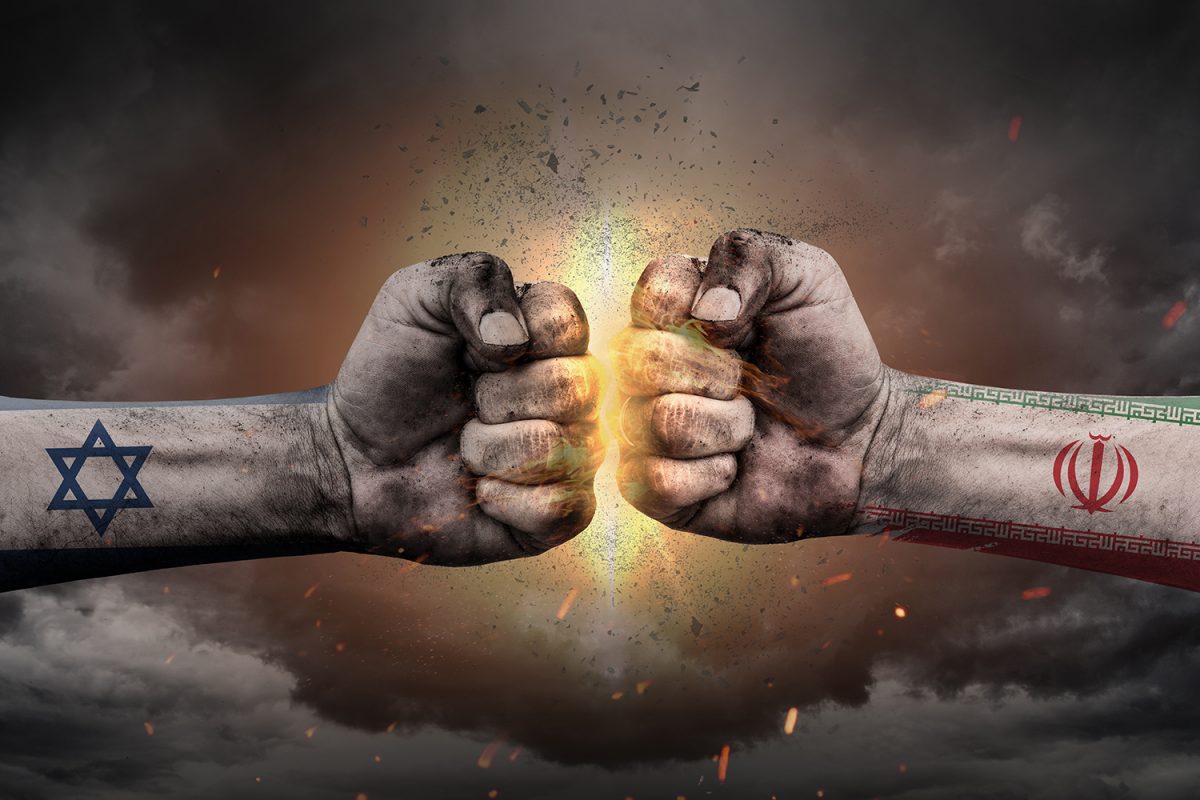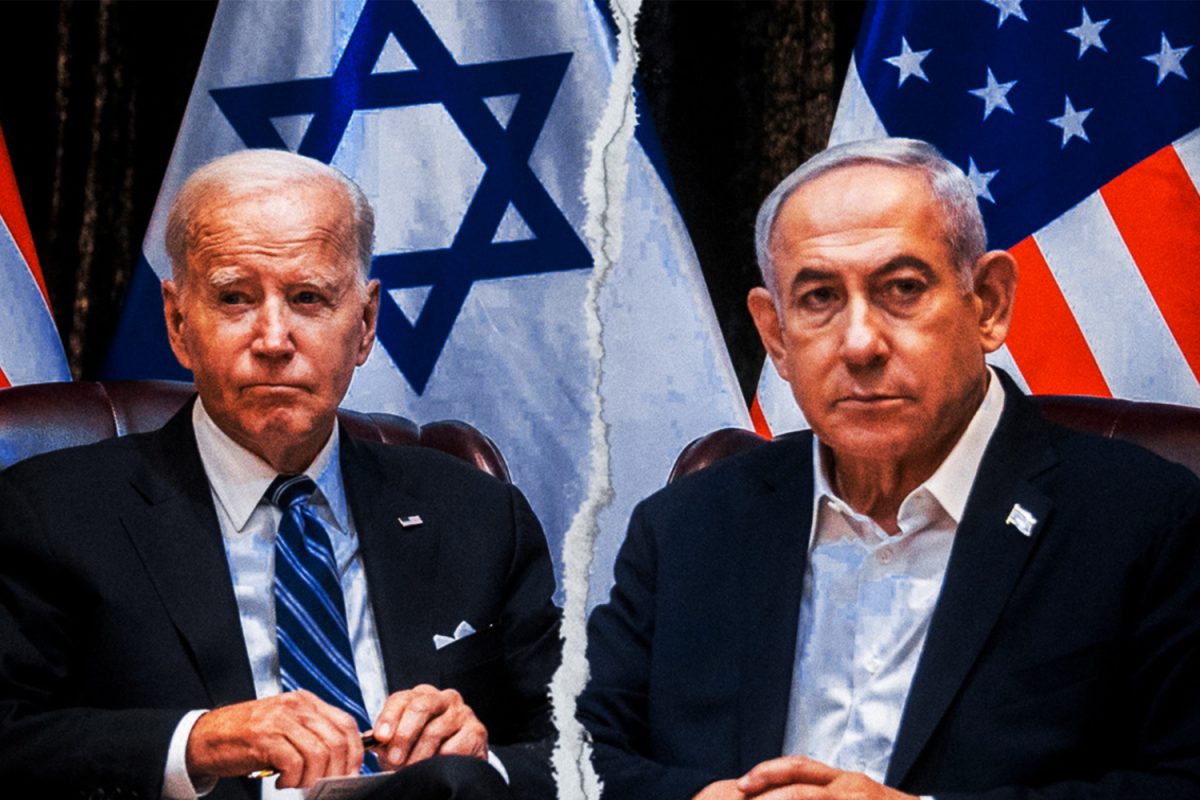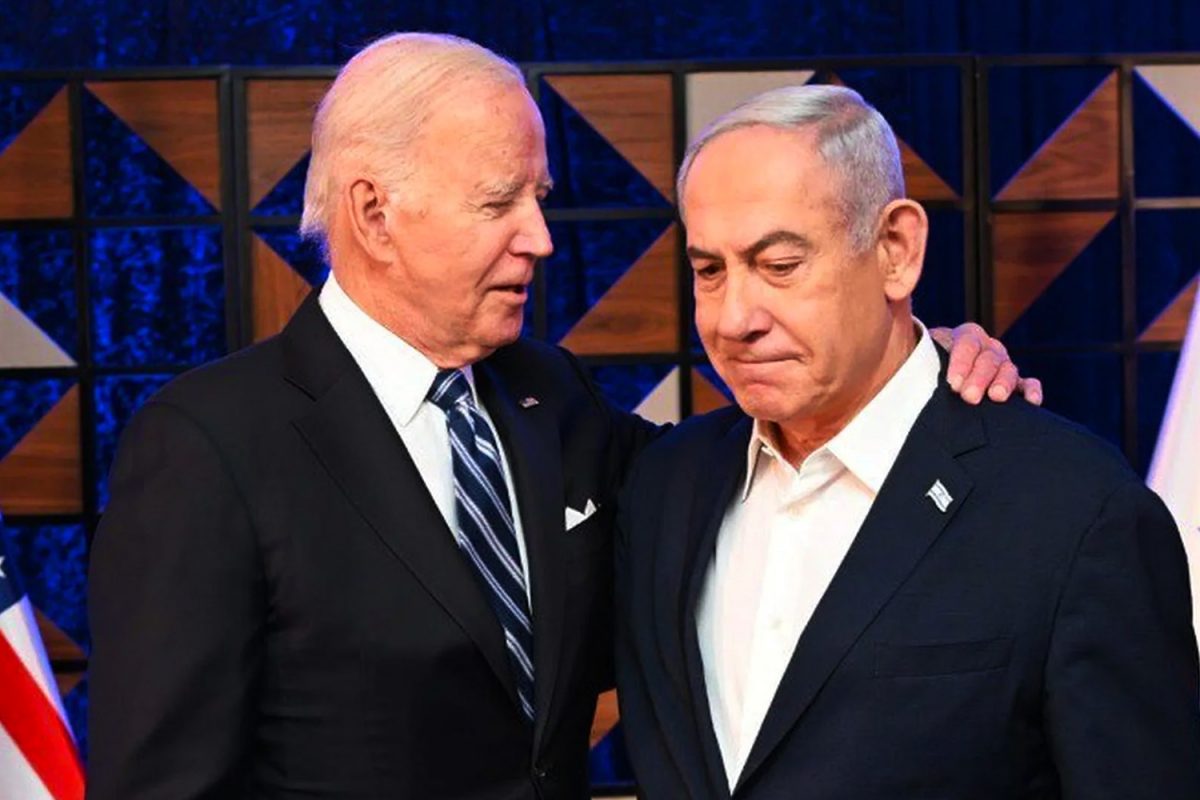When the artificial borders were created in the Sykes-Picot agreement 100 years ago, new nationalities, or nationalism was hoped would give the region new identities to move forward with. Any deviation from this – the autocratic rulers would bring the people back in line. The assumption was that Islamic governance had been undermined and the people of the region would embrace secularism when it came to governance and keep Islam to the mosque, marriages and personal morals. Whilst the Muslim world experimented with socialism, democracy and nationalism in the past 100 years, the next 100 years will see the culminations of three trends that have been gaining speed for decades. These are the increasing use of Islam as a reference by Muslims rather than ‘Freedom’ or ‘secularism,’ the failure of nationalism and the illegitimacy of the rulers
Despite the Muslim world lacking the ability to extract pristine concepts from the Islamic principles, the demand for Islam has only grown during the last 100 years. Turkey was the only country to renounce Islam completely in its constitution. Mustafa Kemal sought to destroy Islam in Turkey and he believed the Turkish people despised their Islamic heritage. However, after just a few decades, pressure on the regime mounted steadily and by the 1950’s successive Turkish governments started to play up Islamic sentiments in order to maintain their grip on power. By the 1970’s Turkey had its first sign of Islamic resurgence with the incorporation of Necmettin Erbakan in the cabinet. Erbakan like many of the Muslim rulers utilised Islam to gain support from the masses. In the 21st century, the people of Turkey have only voted for an ‘Islamic’ government. This is what led to then Secretary of State Madeleine Albright in 1997 to wring her hands about the ‘drift of Turkey away from secularism.’[1] Such was the heightened sensitivity in the Turkish army that it continues to purge their ranks every year of any Islamic influence. The demonstrations against the AKP party in the early 2000s were another indicator of secularism failure to take hold in Turkey. The huge demonstrations for secularism were not from a position of strength but a position of weakness as after several decades of secularism and the banning of Islam in the nation’s constitution, secularists felt the need to take to the streets due to the threat of Islam. Despite secularism dominating Turkish politics, for so long, the people of Turkey have been inclining towards Islam for decades — a far cry from the events post 1924.
The Turkish example is just one of many; Islamic influence in Algeria was so great in 1991 that the Islamic Salvation Front (FIS) managed to win a landslide victory in the country’s elections. It took the army, with French support, to reverse this. Similarly, the people’s love of Islam in Afghanistan, Sudan and Somalia saw the establishment of governments under the pretext of Islam. For the last few decades Muslims across the world are reacting as one body to the onslaught against their brothers and sisters. Iraq, Afghanistan, Bosnia, Somalia, Palestine and Rohingya Muslim in Myanmar have seen Muslims from across the world hold marches and rallies in solidarity with their brothers and sisters. In fact even the Muslims in Palestine, themselves under occupation, have regularly held rallies in support for other Muslims. Muslims feel revulsion when ‘freedom of expression’ is used to attack Islam, as can be seen with the attacks on the Prophet of Islam (saw) via cartoons in Europe.
Today the Muslims in the Middle East want to live by values that are different to the values that are implemented over them. But we have a dichotomy where the Muslims continue to abide by these values and allow the rulers who implement them to rule over them. This has been possible because the rulers in the Muslim world do not maintain their power by sharing a close affinity with their people, but rather through brutal methods of force and torture in order to subjugate the masses. However, today there is a widening gulf between the Muslim world and their rulers. The recent history of the Muslim world and the relationship between the people and the rulers shows that this relationship has become tenuous and now the Muslims hold values and sentiments that fundamentally contradict that of the rulers. Furthermore, attempts by Pervez Musharraf to introduce Western culture in Pakistan through his ‘enlightened moderation’ were discredited. Even in Turkey, on the eve of the second Gulf war, was forced to turn down $20 billion in aid by the US as the Muslims in the country considered such cooperation as aiding the killing of Muslims in Iraq. The constant attempts by the Muslim rulers to normalise relations with Israel continually fail.
With the fall of Communism in 1990, there was a direct clash of civilisations between Islam and the Liberal West. The former secretary general of NATO Willie Claes stated; “The Alliance has placed Islam as a target for its hostility in place of the Soviet Union.”[2] This open clash between Islam and the Liberal West resulted in the destruction of Western civilisation in the minds of the Muslims not just in the Middle East but across the world. This destruction and refusal on part of the Muslims, on the whole, to not embrace Western civilisation led to a new, more direct and distinctly more military onslaught against Islam and Muslims. It was as if the US realised that cultural colonialism had not worked against the Muslims in the Middle East and now what was required was the direct military colonisation. Paul Wolfowitz said in a press conference in Singapore in 2002, “It’s true that our war against terrorism is a war against evil people, but it is also ultimately a battle for ideals as well as a battle of minds.”[3]
This yearning for an Islamic way of life exposed the gulf between the Muslims and their rulers. The rulers rejected the Islamic culture and have adopted the Western culture and the Western agenda. It took the best part of a century for the Muslim in the Middle East to work out that the rulers are diametrically opposed to the viewpoints of the Muslim masses. What made this all apparent were the number of events that took place in just the last few decades and the intensity of some of these incidents, all of which exposed many of the rulers in the Middle East. These shocks in fact united the Muslims not just in the Middle East but across the Muslim world. Prior to the first Gulf war in 1991, Muslims generally did not sense the western animosity against Muslims. Many thinkers and scholars in the Muslim world could not sense the treachery of the Muslim rulers, and did not even view the West as their enemy. However, after the first Gulf war, which was prosecuted under the pretext of the Iraqi invasion of Kuwait, both the American animosity and the complicity of the Muslim rulers became evident. Not only did the Gulf regimes lose credibility for allowing the American troops bases in the Arabian Peninsula and other places, but the Islamic scholars who justified the war also lost credibility. Muslims could sense the gulf between themselves and the rulers.
Observing the Muslims in the Middle East reaction to the first Gulf war and observing her reaction to the second invasion was very telling. During the first Gulf war, America was not seen as an enemy, and Muslim rulers were able to open up their territories to America virtually unchallenged by the Muslim masses. But in the invasion of Iraq in 2003 the Muslim rulers were in political chains, trapped between subservience to America and the West and fear of removal by their own people. They were unable to send their armies to fight against Iraq because of the sentiments of the masses, their complicity in the war against Iraq is held in contempt and they are living in fear of change. Muslims worldwide are not accepting the American crusade against them, they now view America as an enemy, and they are fighting against her. They also view all their rulers with hatred and do not wish to be ruled by them as was seen during the Arab spring.
The removal of the rulers who allow such a situation to prevail can be clearly seen by their desperate actions for survival. Yasser Arafat regularly ordered the firing on his own people when they held rallies in support of Osama bin Laden and against the American war in Afghanistan. Jordanian troops crossed the border and began killing Israeli soldiers during the second Palestinian ‘intifada’. Hamid Karzai insisted on the use of American soldiers for his personal security rather than his own people and as a result managed to live through numerous attempts to assassinate him. Pervez Musharraf and Ashfaq Kayani after him, of Pakistan, insisted on clearing out all the streets when they travelled in fear of being assassinated by their own people. Muslims in Pakistan continued to bomb US targets, which even resulted in the onslaught of the Lal Masjid by Pervez Musharraf to keep his grip on power. King Abdullah of Jordan obliterated the city of Ma’an because of the feelings and sentiments of the people who were undermining his authority. The Egyptian foreign minister was pelted with sandals when he entered the Al Aqsa mosque in 2005 after a meeting with Israel. We also continue to see the charade of the OIC and Arab summits where the rulers are forced to attack the US to keep their host populations happy. There was even an attempted coup in Qatar in October 2002 led by Pakistani and Yemeni army officers which was thwarted by the arrival of American troops — not an example that bodes well for the other Muslim rulers.
Today the artificial nationalities and nations created for the people in the Middle East have failed to placate the masses. The autocrats in the Middle East are no longer invincible and able to do whatever they believe would maintain their grip. The Muslim rulers are now experiencing the reality that unless they execute what the people wish to live by, then they are liable for eventual change. The difference between the rulers and the West on one side and the Muslim masses has never been so stark. Survey after survey in the 21st century confirms and points to the fact that the Muslims in the Middle East view Islam to be a central role in their lives and viewpoints about the world around them and see a central role for Islam in their governance.
Numerous polls and surveys across the Muslim world, many conducted by western institutes confirm such issues. In probably the most comprehensive poll commissioned by the University of Maryland in 2007, conducted across four majority Muslim countries (Egypt, Pakistan, Morocco, and Indonesia) showed overwhelming support for the application of Shari’ah law in Muslim countries, unification with other countries in a Pan Islamic state i.e. Caliphate, opposition to occupation and western foreign policy, opposition to the imposition of western values in Muslim lands and opposition to the use of violence against civilians. For some of these issues, the level of consensus is in excess of 75%.
The direction the Middle East and the wider Muslim world is heading was confirmed by the US. The US national intelligence council published a report following its ‘global 2020’ project, entitled ‘Mapping the Global Future.’ The National Intelligence Council (NIC) is the American Government’s Intelligence Community’s centre for mid-term and long-term strategic thinking. The report set out the likely scenario the world will face in 2020. The report concluded that the appeal of Islam today revolved around its call to return to earlier roots of Islam where the Islamic civilisation was at the forefront of global change under the Caliphate. The report portrayed a fictional scenario ‘of how a global movement fuelled by radical religious identity could emerge.’[4] The report revealed unequivocally that at the highest levels of US policy planning, preparation is being made for the emergence of the Caliphate. Other reports from US policy makers and think tanks across the world acknowledged there is a broad based ideological movement seeking for the return of the Caliphate.
Nationalism failed due to the artificial nature of the countries created for the Middle East. Its contradiction to Islamic unity also contributed to its failure. The Muslim rulers, as the west’s main instrument of defence, has been exposed and undermined as the masses saw them as diametrically opposite to how they viewed the future. Direct western invasion of the Middle East proved how desperate the situation became. Looking forward, the battle between the rulers alongside the West and the Muslim masses is set to only get intense as the Muslim masses want a future which is directly the opposite to the West and the Muslim rulers.
[1] Albright says U.S. not happy about Turkey’s Islamic drift, CNN, February 1997, retrieved 18 July 2015, http://edition.cnn.com/WORLD/9702/12/turkey/
[2] How ignorance and prejudice sour the West’s view of Islam, Telegraph, August 2001, http://www.telegraph.co.uk/comment/4264802/How-ignorance-and-prejudice-sour-the-Wests-view-of-Islam.html
[3] Transcript of Speech by Deputy Secretary of Defence Paul Wolfowitz, Luncheon Press Event in Singapore, May 2002, retrieved July 18th 2015, http://www.defenselink.mil/transcripts/transcript.aspx?transcriptid=3472
[4] National Intelligence Estimate, December 2004, Report of the National Intelligence Councils 2020 project, ‘Mapping the Global Future,’ Pg 83-92, http://www.futurebrief.com/project2020.pdf




